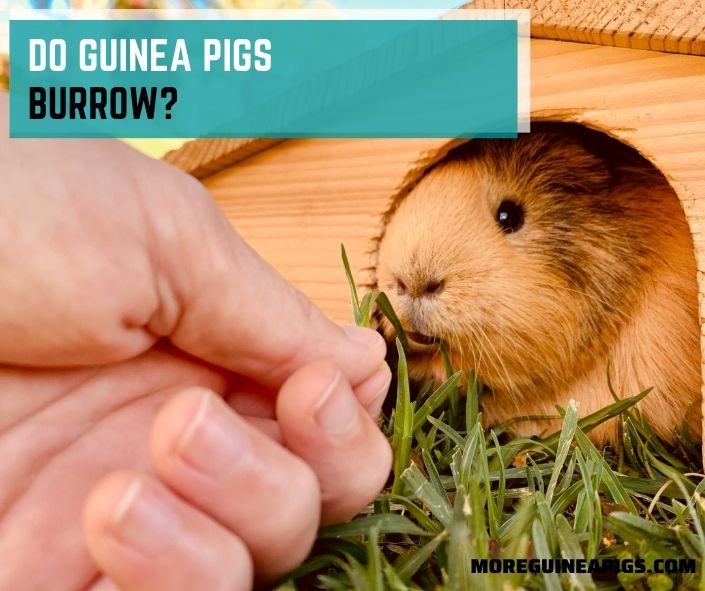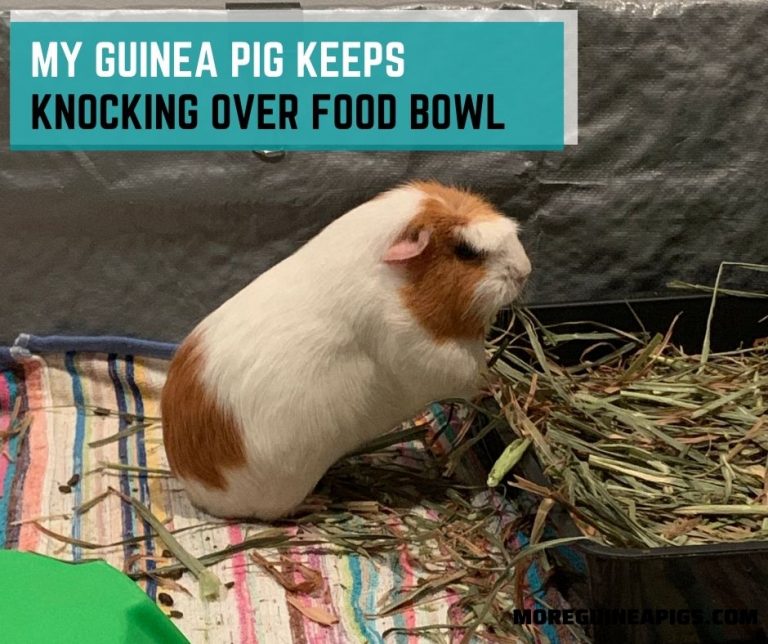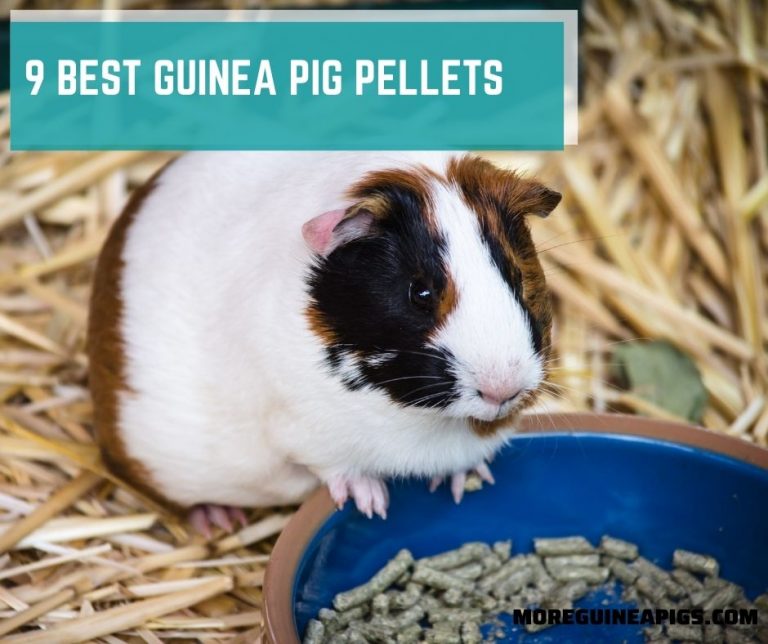Can A Guinea Pig Vomit?
Guinea pigs differ from other animals in several ways. Like other mammals, can guinea pig vomit? Paying attention to the type of food a guinea pig eats is essential. Most new pet owners are unaware that guinea How To Setup A Guinea Pig Hutch: Step By Step Guidepigs cannot vomit. Thus, they should be informed…











